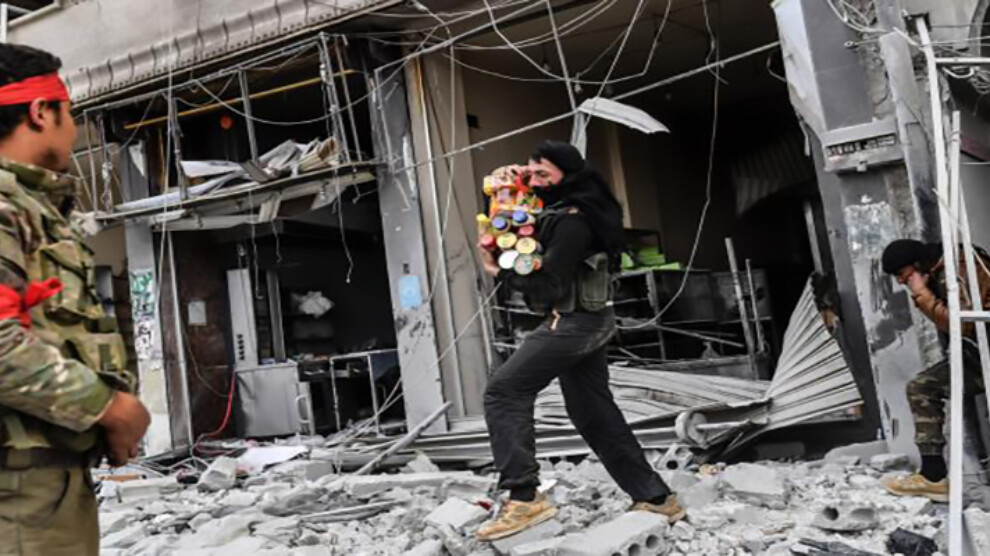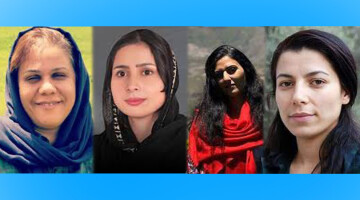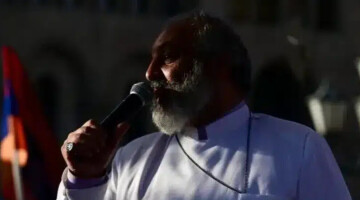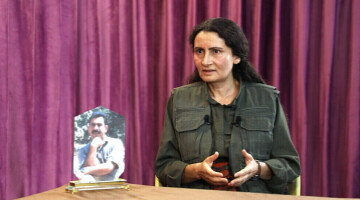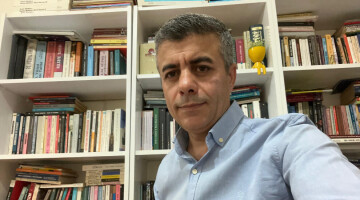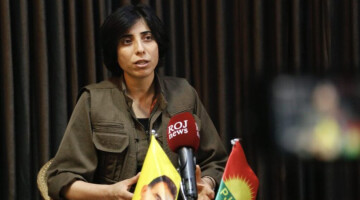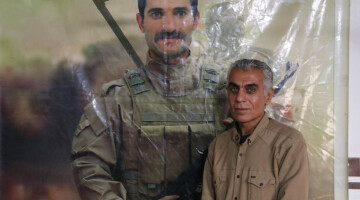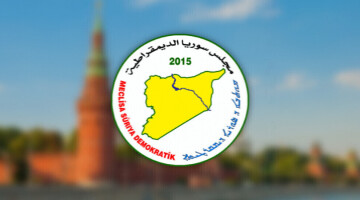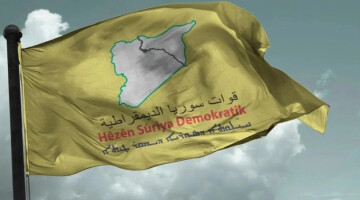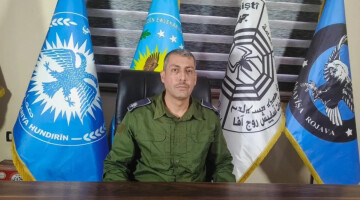The Syrian Democratic Forces (SDF) Media Center released its report about the violations carried out by Turkey and its mercenaries in the territories they occupy in Northern and Eastern Syria. The report covers the violations for the month of March.
The report said that "the Turkish occupying army and its mercenary factions persist in committing human rights violations against the remaining population in the occupied territories. The occupation aims to effect demographic change in these areas through the forced displacement of the indigenous population and the construction of settlements for its mercenaries."
The report added that "during the last month of March, many violations were documented that affected the people, their properties, trees, and water in the occupied areas of Afrin, Sari Kaniyeh/Ras al-Ain, and the safe areas covered by the ceasefire agreement in the north and eastern Syria."
Highlights from the report are as following:
Killing, arresting, and assaulting
On March 20, terrorists from the so-called Ahrar al-Sharqiya (which is enlisted on the terrorism list) killed four civilians from the same family as they were lighting a fire to celebrate Nowruz Day.
The following day, the same group raided the village of Al-Zaybakia in the occupied countryside of Tal Abyad, kidnapped the civilian Muhammad Ali Osman, and took him to an unknown location.
In the occupied district of Jandrisa, which was already devastated by an earthquake, Turkish mercenaries severely beat the civilian Ibrahim Khalil Khorshid in the middle of the street, claiming he was looking at them. They then kidnapped him and took him to an unknown location.
On March 25, Hassan Mohamed Ali was also severely beaten and had his motorcycle stolen. He was taken to Jandisa Hospital for treatment.
In the village of Burj Haidar in the Shirawa district, mercenaries from the “Sham Legion” beat Yahya Haj Nasser and his wife.
In the village of Sarmasakh Fawqani in the Karki Laki district, the Turkish occupation army opened fire on the village, resulting in the deaths of four sheep belonging to villagers.
In a village in Maidana in the Rajo district, a Kurdish family consisting of a father, mother, and their young son were severely beaten by Faylaq al-Sham mercenaries.
Finally, on March 26, Turkish intelligence, with the participation of their mercenaries from the Amshat faction, arrested several young men who had participated in an uprising against the Turkish occupation that began in Gendaris.
Demographic change
In March, the Turkish occupation increased its pace of settlement construction in the occupied region of Afrin. They took advantage of the earthquake disaster and relied on funds provided by Qatar and Muslim Brotherhood organizations.
On March 12, the Muslim Brotherhood-affiliated group “Live in Dignity,” in partnership with an unnamed Turkish association, began establishing a new settlement in the village of Maratah in occupied Afrin.
The mercenaries of the “Sultan Othman” faction, in cooperation with the “Hamza” division, also rented homes that belonged to the displaced residents of Afrin to new settlers.
Cutting down trees
In addition to their crimes against civilians, the Turkish occupation and its mercenary factions have also been engaging in a relentless campaign of cutting down trees in the occupied territories for profit. In the village of Medanki, mercenary factions, including Faylaq al-Sham, Jaish al-Nukhba, Sultan Murad, and Ahrar al-Sham, cut down 270 trees, including olives, apricots, almonds, and walnuts. The mercenaries of “Sultan Suleiman Shah” also cut down dozens of walnut and almond trees that belonged to a civilian from the village of Koblka in the Sharra district of Afrin. The mercenaries of “Hamza,” which operates under direct orders from Turkish intelligence, completely cut down about 80 olive trees, including partially, in a field owned by a civilian from the village of Korka in the Jandires district. On March 13, Faylaq al-Sham mercenaries cut down 50 old olive trees from an orchard owned by a civilian from the village of Basoufan in the Shirawa district.
Stealing humanitarian aid and imposing taxes
The Turkish occupation and its mercenaries have stolen humanitarian aid meant for those affected by earthquakes in the occupied territories, depriving Kurds of crucial assistance.
In Serê Kaniyê/Ras al-Ain, both mercenary factions and the local council have stolen incoming aid, replacing it with bags of charcoal. Meanwhile, the “Mohammed Al-Fateh” mercenaries reportedly imposed royalties on owners of agricultural tractors and cars belonging to residents of Ma’malo village in the Rajo district of occupied Afrin.
Bombing the safe areas
Throughout March, the Turkish occupation and its mercenary factions continued their indiscriminate bombing campaign on safe cities and towns, including those covered by the ceasefire agreement. The villages of Ain Issa, such as Saida, the international road M4, Taiba, Ain Issa camp, al-Sakir rest house, Jdeideh, Fatsa, and silos were targeted multiple times, along with the villages of Klutiya and Gundi Mazin in the Shirawa district of Al-Shahba and Afrin, respectively. The Turkish occupation army also used artillery to bomb Irshadiya in the Sharra district and Dirnti in the Shahba district.
In Kobani, the Turkish occupation used artillery and mortar shells to bombard the area between the villages of Kharbastan and Gorran, as well as the villages of Bagdik and Kulteb, causing injuries to civilians and the destruction of homes.
On March 24, heavy artillery was used to shell the villages of Al-Kozlia, Sheikh Ali, and the graves of Al-Qarajneh in Tal Tamir.
Cutting off water
Additionally, in the first half of March, the Euphrates River level reached critical lows, resulting in a decrease in the water supply to the Euphrates Dam and power outages. This situation forced rural residents to rely on contaminated water sources, leading to epidemics. The water cuts at the Alouk station in Seret Kaniyeh/Ras al-Ain worsened the situation, as it is the main source of drinking water for the city of al-Heseke."

